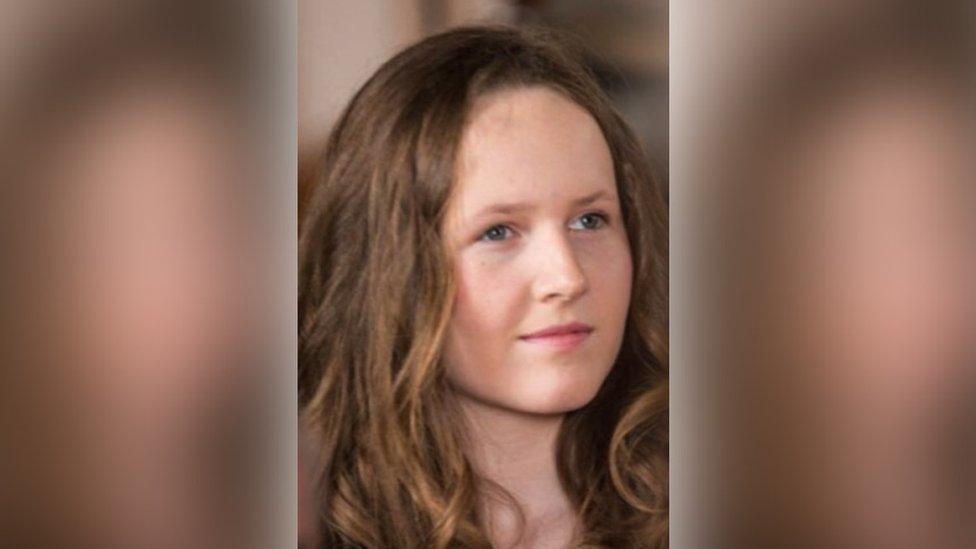Manchester Arena Inquiry: Victim would have had 'high' survival chance
- Published
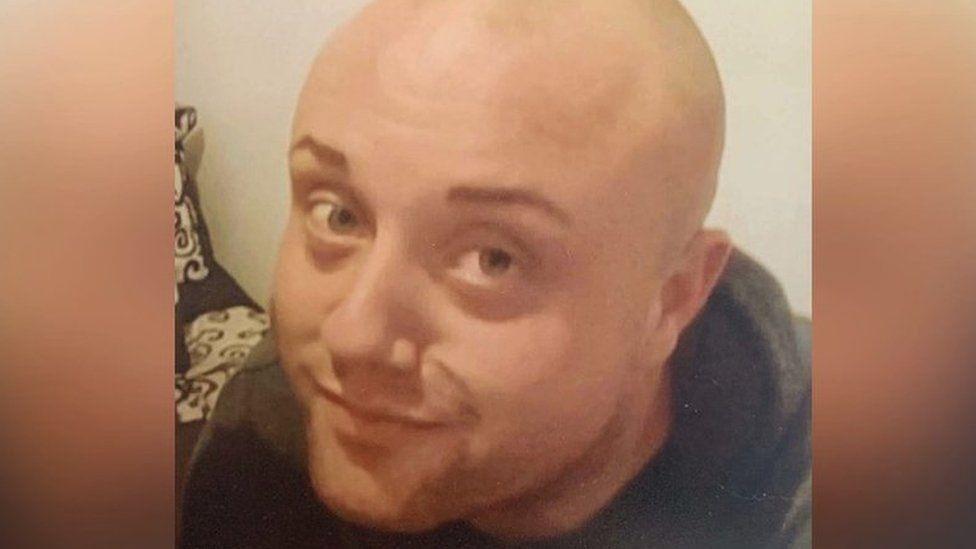
John Atkinson's leg injuries were "unlikely to be fatal in their own right", a public inquiry has heard
A Manchester Arena victim would have had "quite a high" survival chance had he been treated sooner, a court heard.
It took paramedics nearly an hour to treat John Atkinson, 28, the public inquiry into the 2017 bombing was told.
Former British Army medic Col Jonathan Clasper is part of the inquiry's 'blast wave panel' examining the likelihood of survival for those caught in the bomb.
Col Clasper said Mr Atkinson's chances would have been much higher if he had been treated within a 40-minute window.
The healthcare worker went into cardiac arrest one hour and 16 minutes after the blast, following significant blood loss from injuries to his legs, the inquiry into the atrocity was told.
"I think he had quite a high chance of survival if things had been done sooner and [he had been taken] sooner into hospital," Col Clasper told the hearing.
"The leg injuries themselves, if effectively treated, are unlikely - you can't say impossible - but unlikely to be fatal in their own right."

The victims of the May 2017 bombing
Twenty-two people were killed when a suicide bomber detonated his device at the end of an Ariana Grande concert on 22 May 2017.
The inquiry has previously heard how a member of the public, Ronald Blake, tied a belt around Mr Atkinson's right leg to try to stem the bleeding.
Col Clasper said he thought Mr Blake "had done brilliantly" and the improvised tourniquet "had made a difference".
However, his left leg continued to bleed out with a "very large" pool visible to his side in the City Room some 30 minutes after the explosion, the inquiry heard.
The panel of experts said had "effective" tourniquets been put on both of Mr Atkinson's injured legs at an early stage, then it would have improved his survival chances by stopping or even preventing a cardiac arrest.
"I think there's a window up to about 40 minutes after the incident," Col Clasper explained.
"Obviously the closer you got to 40 minutes, the lower his chances of survival would be, so if you could do it within 10 minutes, that would be ideal."
'No coming back'
After being carried out of the arena foyer on a makeshift stretcher made out of a noticeboard and a metal barrier, Mr Atkinson was first treated by North West Ambulance paramedics on the floor of the adjoining Manchester Victoria railway station.
But a further 30 minutes went by before Mr Atkinson was put in an ambulance, the hearing was told.
Mr Atkinson, from Bury, suffered a cardiac arrest while being placed on an ambulance stretcher and he died shortly after arriving at Manchester Royal Infirmary.
Col Clasper told the court that "once the cardiac arrest happened there was no coming back".
He added: "In the case of Mr Atkinson's injuries, if he'd had early bilateral tourniquets, it would have, I think, bought enough time to get him to hospital.
"And then he would have had surgery."
The inquiry heard Mr Atkinson's post-mortem examination revealed he had suffered from a "minor" long-standing heart issue.
However, consultant cardiologist Dr Paul Rees told the hearing that in his view, the condition did not contribute in any way to his death.
Dr Rees agreed if Mr Atkinson had been taken to hospital before his cardiac arrest, then he could have survived.
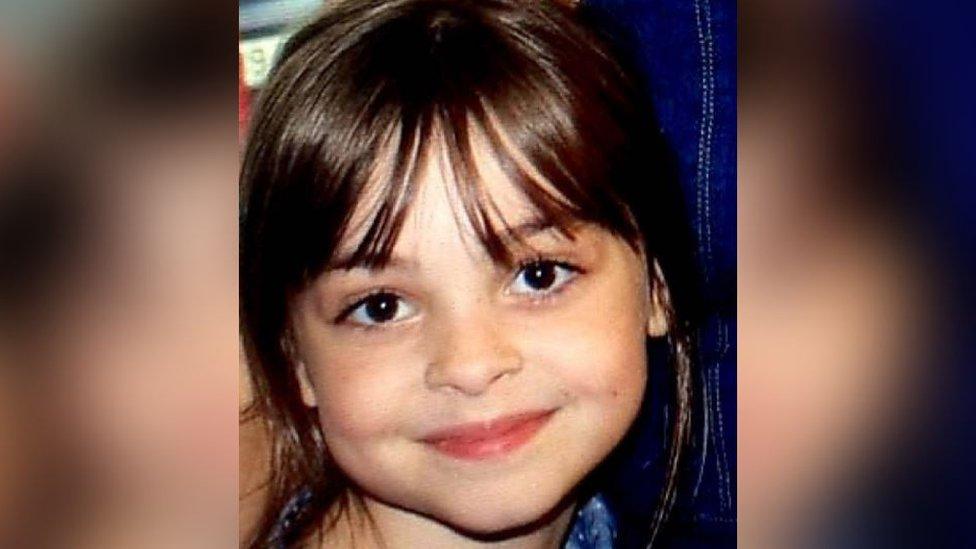
Experts believe Saffie-Rose Roussos, eight, may also have survived had there been a different medical response
The inquiry's blast wave experts confirmed to the inquiry that 20 of the 22 victims died from injuries that were not survivable even with "current advanced medical treatment".
The experts believe eight-year-old Saffie-Rose Roussos may also have survived had there been a different medical response.
More details about the youngest victim of the bombing will be heard at a later stage.
The inquiry continues.

Why not follow BBC North West on Facebook, external, Twitter, external and Instagram, external? You can also send story ideas to northwest.newsonline@bbc.co.uk
Related topics
- Published7 October 2021
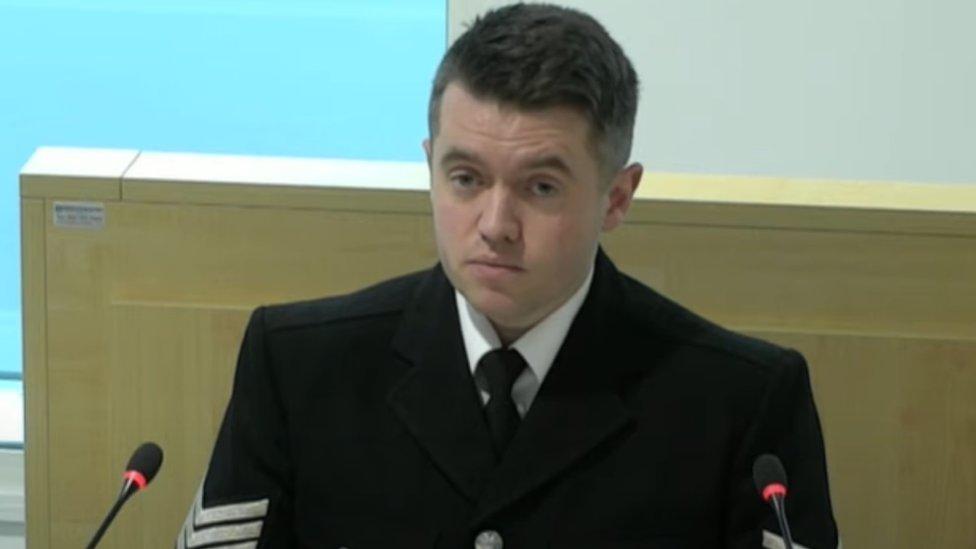
- Published6 October 2021
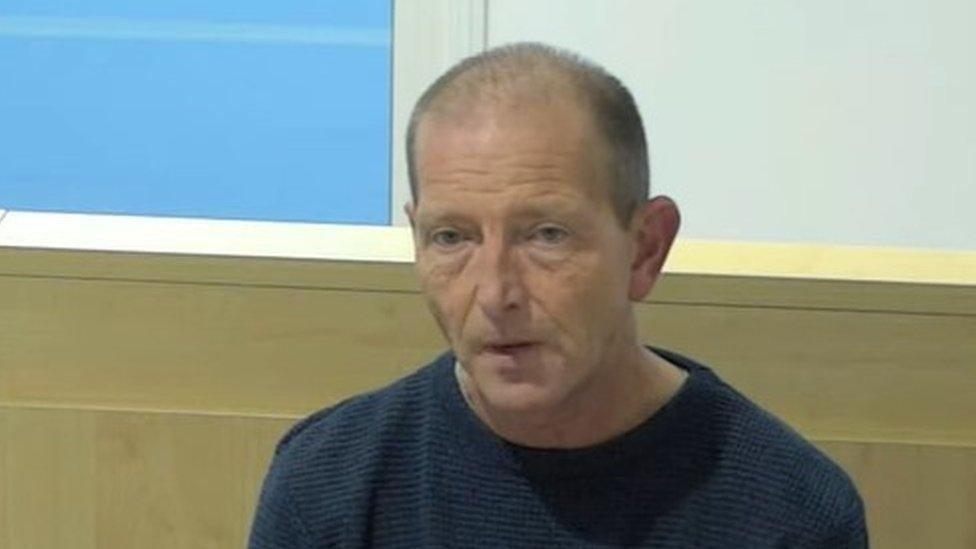
- Published30 September 2021

- Published29 September 2021
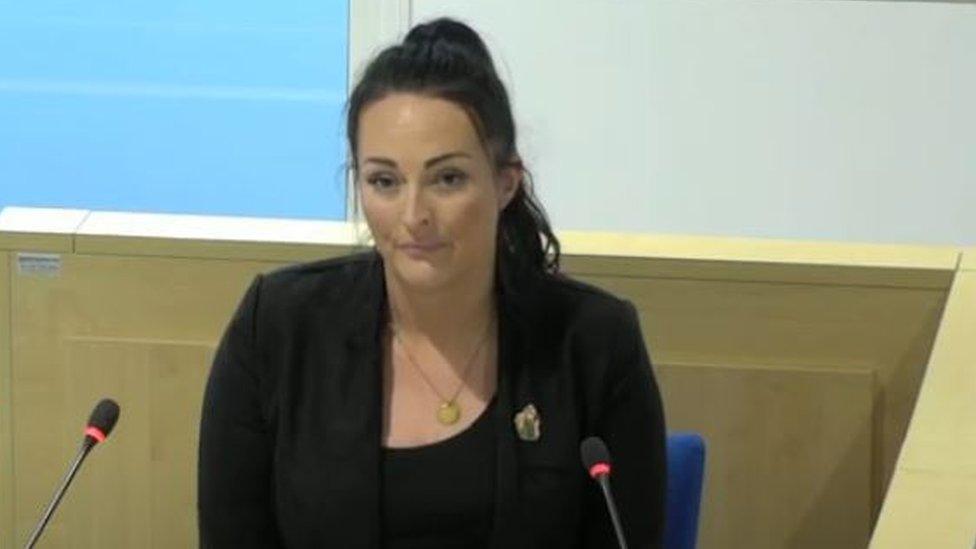
- Published28 September 2021
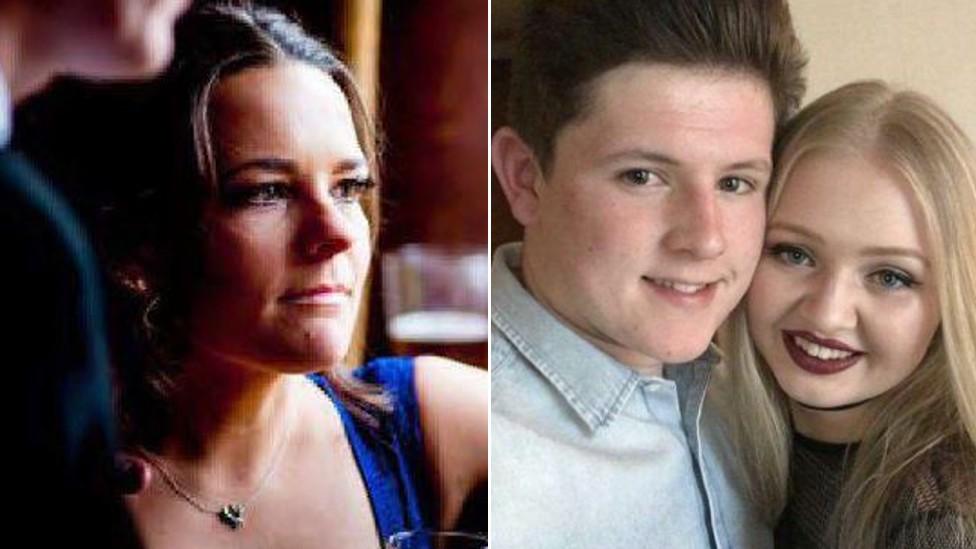
- Published27 September 2021
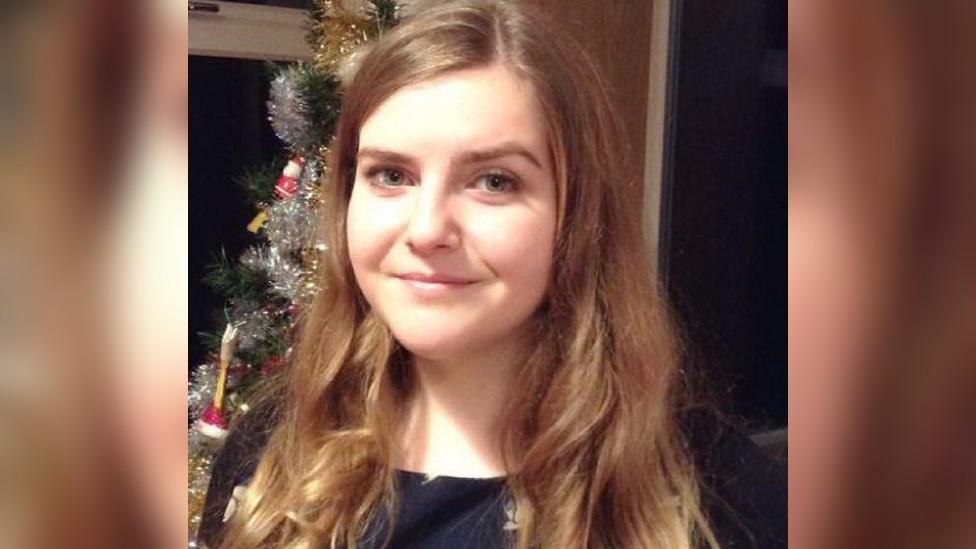
- Published27 September 2021
